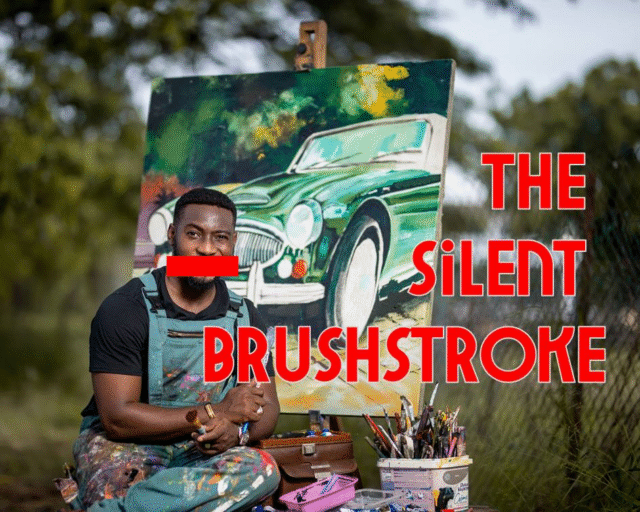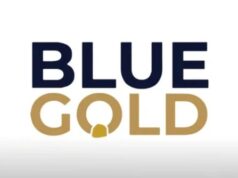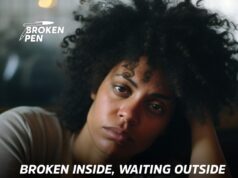By Patrick William Dodoo
Creative Art Consultant | Fine Artist | Cultural Advocate
Introduction: The Brush Dipped in Blood and Promise
In a land bursting with rhythm and color, where kente weaves through the soul of our people and adinkra symbols whisper wisdom, the artist should thrive. Yet in Ghana — as in many parts of Africa — the artist often survives rather than lives. Amid cultural prestige and international exhibitions, many Ghanaian artists remain unprotected, underpaid, and undervalued. The stage is set for brilliance, yet behind the curtains, exploitation hides like a stain beneath fresh paint.
The Ghanaian Art Scene: A Growing Giant with Fractured Bones
In the last decade, Ghana has become a darling of the global art world. Major international curators, collectors, and platforms have turned their gaze toward Accra, Kumasi, and Tamale. Residency programs, auctions, and gallery spaces have blossomed. Yet, for many local artists, this boom has not translated into dignity, security, or justice.
Instead, they face:
• Unclear contracts and verbal agreements
• Delayed or withheld payments from sales
• Unequal profit-sharing models
• Gatekeeping by institutions, often led by elites with little cultural accountability
A Case in Point: The Noldor Residency Scandal
In July 2024, Ghanaian artist Foster Sakyiamah filed a lawsuit against Joseph Awuah-Darko, founder of the prestigious Noldor Artist Residency. The allegations? Unpaid proceeds amounting to over $266,000 from art sales. Further investigations revealed that other artists, including Elizabeth Sakyiamah, Seth Fiifi, and Ishmael Armah, were also allegedly owed thousands of dollars.
This is not an isolated incident — it is a symptom of a system that romanticizes the artist’s struggle and profits from their silence.
How Artists Are Exploited
1. Lack of Legal Literacy
Many artists enter deals with little understanding of their rights. They sign contracts without legal counsel or accept verbal assurances, often out of desperation or trust.
2. Power Imbalance
Galleries, residencies, and curators hold all the cards — access to buyers, media, and platforms. Young artists are made to feel disposable and replaceable, forced to accept unfair terms.
3. Emotional Manipulation
Artists are told they are being “given a chance” or “exposed to the world,” and that money will come later. But exposure does not pay rent, and prestige cannot feed a family.
4. Lack of Regulation
The Ghanaian art industry lacks oversight. No board enforces ethical standards or investigates abuse. Unlike music or film, the visual arts remain largely unregulated and informal.
The Human Cost
Behind every sold-out exhibition is a studio filled with anxiety. Behind every prestigious award is an artist wondering if their gallery will ever pay them. Some leave the profession altogether.
Others stay, quietly hurting, afraid to speak for fear of blacklisting.
What Must Change?
� Establish an Artist Union
A body that educates, protects, and advocates for fair contracts, legal aid, and arbitration.
� Transparent Practices
Galleries and residencies must publish clear payment terms and uphold artist-first policies.
� Mentorship and Workshops
Artists must be trained in the business of art — pricing, licensing, contracts, and intellectual property.
� Government Policy and Grants
Ghana’s Ministry of Tourism, Arts and Culture must enforce protective laws and fund local
talent directly.
Conclusion: A New Dawn for the Ghanaian Artist
The Ghanaian artist is not just a dreamer — they are a national asset. Their work preserves culture, heals trauma, and projects Ghana onto the global stage. But they cannot continue to serve a system that bleeds them dry.
The time has come to rewrite the narrative. To make the artist not the exploited, but the
empowered. Let us sign in ink what we used to whisper in charcoal. Let us demand fairness —not tomorrow, but now.
“The painter deserves more than praise; he deserves protection.”
— Patrick William Dodoo








